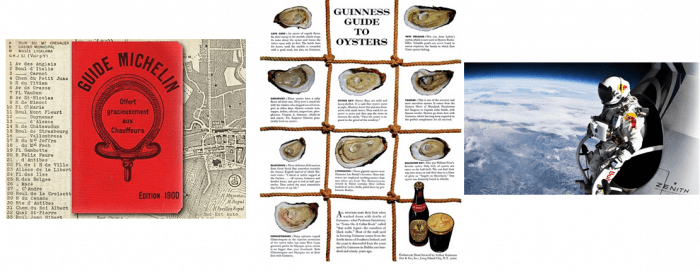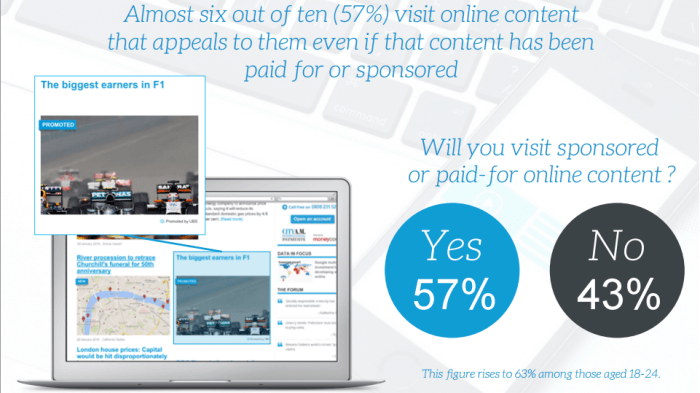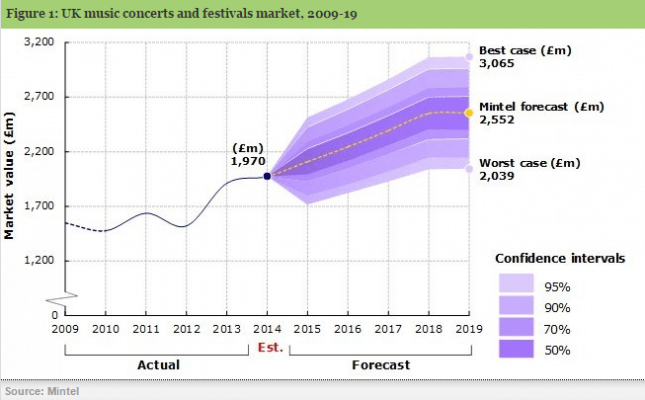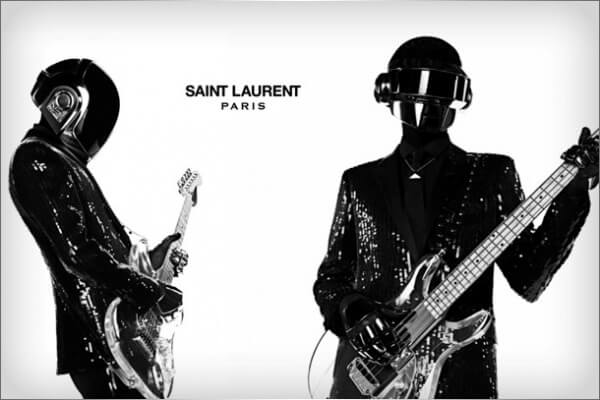One of the biggest challenges in content marketing is making sure the 'content' bit appeals. The music industry has been doing it well for years, so why not take a short-cut and copy its successes?
What Can Content Marketing Learn From Music?
One of the biggest challenges in content marketing is making sure the 'content' bit appeals. The music industry has been doing it well for years, so why not take a short-cut and copy its successes?
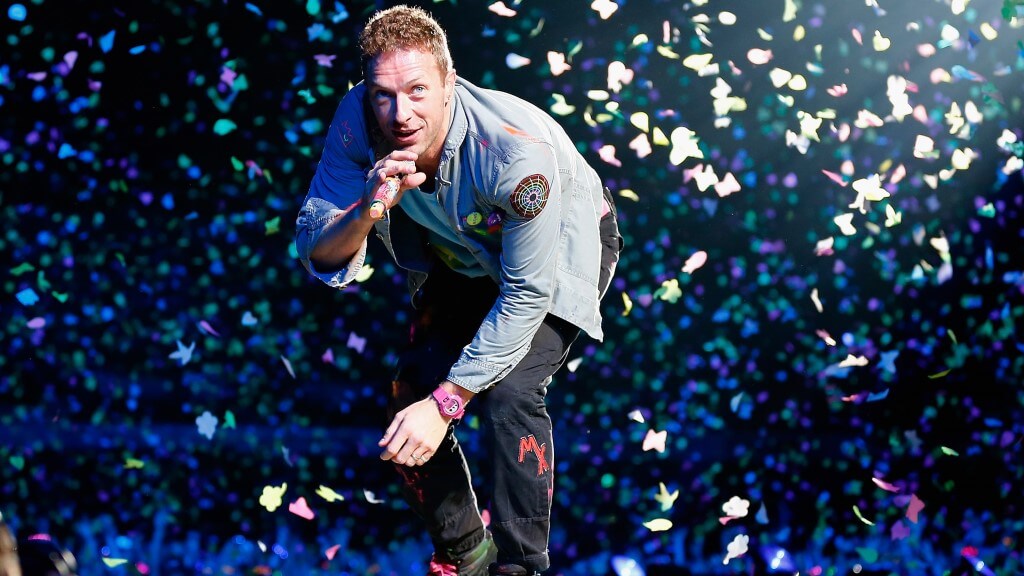
Content marketing is not new. If you’ve attended any marketing conference in the past two years, you’ve probably heard this already. The speaker fills your head with examples from the Michelin Guide, the Guinness Guide to Oysters ad from 1951, and if you’re really lucky they’ll throw in a more recent example from Red Bull.
This is all well and good - it’s important for us to understand the roots of our modern marketing efforts – but it’s not enough. These types of examples only demonstrate that placing content in environments with context is memorable for the reader.
A recent survey from Adyoulike found that 57% of respondents said they would visit sponsored or paid-for online content. But my follow-up question to those surveyed would be ‘And did you enjoy that content’?
The industry needs to start considering the quality of the content we are producing, not simply where it’s placed or if it is a contextual placement. If content marketing and certainly content is nothing new, then we should seek out those that have been truly using content for decades or even centuries.
For this reason, I’ve decided to look outside of the marketing industry to the music industry for inspiration. It’s a very persuasive and emotional medium and content is integral to its continued success.
I believe that music has four key areas where content is relevant; promotion of the artists, distribution of the music, tours and partnerships via licensing. Each area represents similar themes in marketing where the artist is the brand and the distribution of music is working with various media channels.
Promotion of the artists and label
The starting point for content in music begins with promotion of the artist. For established artists, this could be using content as a method of staying front-of-mind. For new or rising artists, content is used as an awareness piece.
What’s important to note, is that in the music industry, artists and their labels are very successful at creating and distributing content on their owned channels. For example, Coldplay periodically release exclusive tracks to their email database. However in recent years new artists are breaking ground through their YouTube channels.
This means their social channels, website, merchandise and the albums themselves are being used to their full potential to tell the artist’s story. This is how we should approach content with brands as well. A brand’s existing channels should be the first port of call to tell their story to their fans and readers.
Distribution of the music
Many may think distribution of music is where the discovery starts. But consider our current landscape where most artists are a tweet or a search away. If a track is heard and the listener goes on to research the artist and there is no existing content on their owned channels, the user journey is broken. With this in mind it’s no surprise a company like PopShack exists, which aims to build the presence of emerging music artists on YouTube.
Cahoots – artists signed on with PopShack
When asked on the challenges of distributing music content, Conrad Withey, CEO of PopShack, highlights that free consumption of music has changed consumer behaviours. ‘…young music fans have deserted traditional media in terms of artist discovery’ states Withey.
And this concern is echoed by Chris Behrens, Project Lead for the Global Music Data Alliance between Universal Music Group and Havas. ‘The younger generation expect content for free’ says Behrens. This part of the music industry has had to evolve drastically due to user behaviour.
Namely, their methods of distribution have had to align to listeners’ expectations. This rings true for content marketing as well. The content being produced by a brand needs to align with the consumers’ expectations when being distributed across various channels.
Going on tour
It’s believed that a live performance is the only way for artists to make money in a freemium subscription world. Luckily, live music is an increasingly growing part of the music industry in the UK, according to Mintel’s Music Concerts and Festivals October 2014 report.
Seeing your favourite artist perform has never been so accessible, be it in person or live streaming. Performing live extends an artists’ reach, demonstrates the demand for their music and gives them the opportunity to break into new audiences.
This helps the artists to produce their content at scale whilst involving their fans in the process. An artist going on tour could be compared to a brand fulfilling a loyalty loop. It’s when earned media becomes part of their story and core fans create their own content to complement the artist’s content.
Partnering with other industries
Much like in advertising, increasing the reach of your audience and the frequency of engagement is important to an artist (or brand). Creating content through a partnership is an opportunity to capitalise on these elements.
While more often than not some music partnerships look to be ‘selling-out’ – I’m looking at you Cortana and Clean Bandit ad - there are some instances when it is highly relevant and effective. Behrens recommends looking at Daft Punk and Yves Saint Laurent, or Avicii and Volvo for inspiration on how to do music partnerships.
‘If brands are going to do music - do it properly’, Behrens continues. If brands are going to work with music content in partnerships, it’s important to commit to its full potential.
There is much that content can learn from an industry that has been producing content for centuries. But we must remember it is the quality of content that will determine the success of brand, just as it does for a musician.
Thanks for signing up to Minutehack alerts.
Brilliant editorials heading your way soon.
Okay, Thanks!